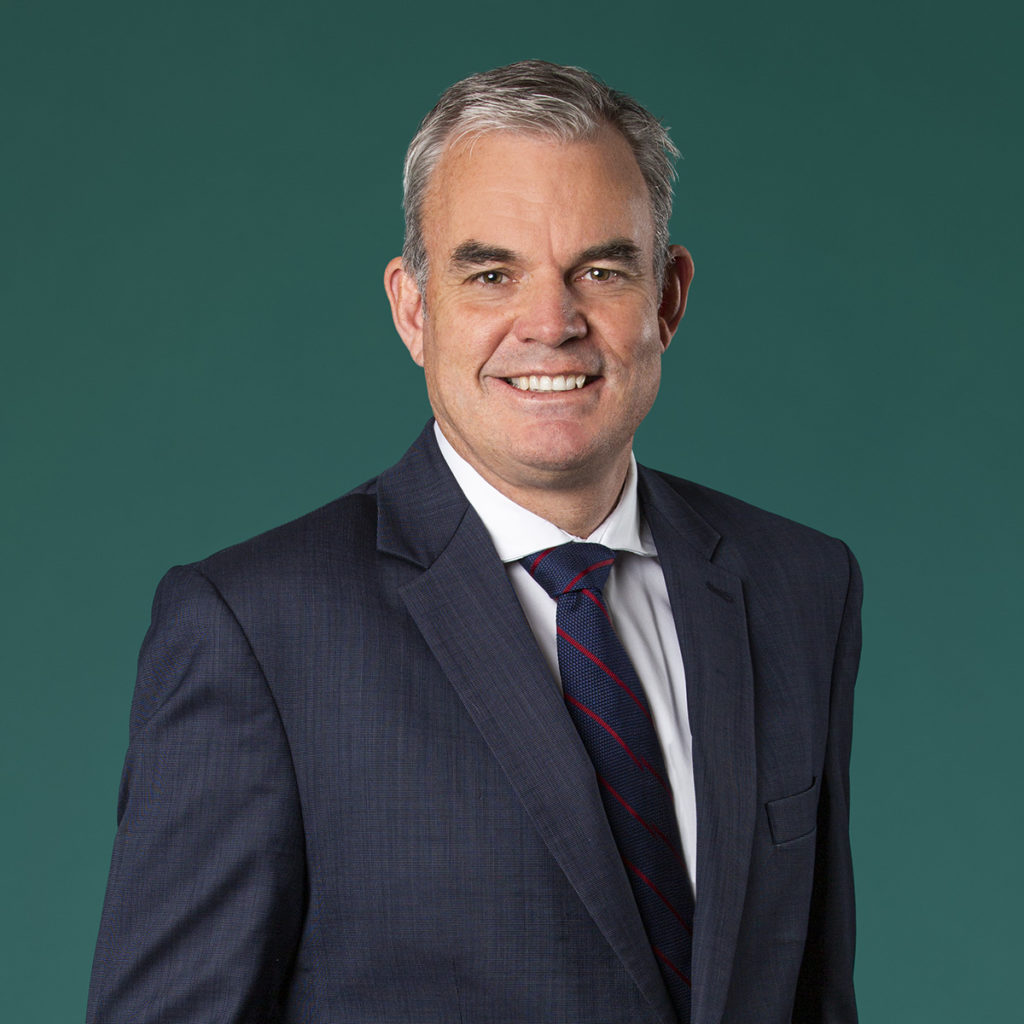Taking the reins at one of Australia’s fastest growing law firms amid a burgeoning pandemic requires a leader who knows how to pivot, and David Newman did just that. We sat down with the Maddocks CEO to explore his perspectives on leadership, the war for talent and innovation for clients.

David Newman has held various leadership positions at Maddocks over the last 20 years, making for a natural transition to the CEO role in 2020. Maddocks limit the CEO tenure to six years to ensure a constant renewal of approach and ideas. “The role is taken under our value of stewardship” says David, “so the idea is to support the firm’s business objectives and leave it in a better place than when you found it.”
Clearly, he is off to a strong start. Despite numerous challenges brought about by COVID-19, David has steered Maddocks to double digit growth across a whole range of practice areas and added 150 people to the firm’s headcount.
David attributes the success of the firm to “consistently evolving and encouraging our people to constantly examine and improve the way we work with each other and our clients.”
Leading with values
Maddocks has long been a values-driven firm and a committed employer of choice, and David reinforces this position, placing his team at the centre of the firm’s objectives.
And great work they do, with a leading list of government clients and corporate organisations across infrastructure, M&A (Mergers and Acquisitions), education, health care and tech, handling what David considers some of the best work in the country.
Maddocks is a proudly independent Australian firm, with numerous ‘best friend’ relationships across the globe to ensure it can support local clients who are increasingly expanding their operations cross-regionally.
“Law is a people business,” he says. “It requires a balance between the cultural aspects of diversity and inclusion with the desire of our people to have purposeful and successful careers. Ultimately, we want our people to be in a great place to do great work.”
David Newman, Partner & CEO, Maddocks
‘Great resignation’ or great reshuffle?
The pandemic ignited a global re-evaluation of people’s relationship with work, opening a plethora of opportunities and bidding wars on salary and working conditions. Attracting and retaining talent has been cited as a major challenge for half the law firms (50%) surveyed by Thomson Reuters in the 2022 Tech & the Law report.
David however, views the great resignation as more of a ‘great reshuffle.’ Lawyers are invested in their careers but may not feel valued in their existing jobs, so they are shifting to firms “that are more aligned with their purpose, their lifestyle, flexibility around working and the things that are important to their particular stage in life.”
Innovation and the client interface
David defines innovation “as a change that makes a difference to our business.”
Sometimes lawyers are so busy they do not have the capacity to think about what they are doing or what they might need, particularly as they face increasing demands from clients to deliver ‘more for less.’
Digitisation will continue to be an important priority for Maddocks as they roll out big data over the coming years. “We want to use technology in a better way to make sure we streamline our processes and interface better with our clients. This is simple to say but (can be) difficult to achieve.”
The types of technology David sees playing a crucial role starts with the obvious – document management, low code forms and AI (artificial intelligence) experiences for clients to easily access information or simplify the way clients provide instructions in a range of matters.
Looking ahead
Clients will continue to be the priority for Maddocks over the coming 12 months as they navigate the uncertain geopolitical and global economy ahead, along with the issues that arise from that.
“The greater challenge for Australia economically will be how long and deep the economic downturn might be.”
“If we have a flat economy for an extended period, then that impacts on a whole range of businesses that operate in the country.” David expects construction and property development will remain busy in the short term, but the long-term outlook on these practices is yet to be seen.
Lawyers of the future
Law students receive good grounding on how to think legally, however they lack practical real-world training. “The challenge for graduates is turning what you have learned about law into being a problem solver and a trusted advisor to clients,” David says.
He encourages graduates who want to succeed to “be curious and continually ask questions.” This, coupled with hard work, enthusiasm and getting along with others helps to build successful careers.


